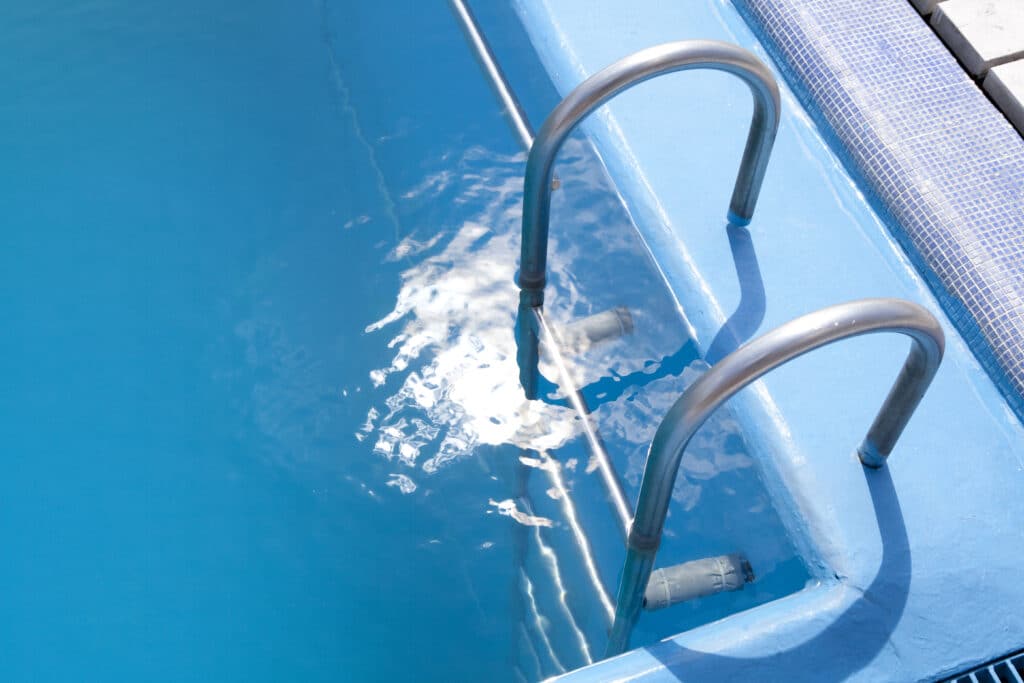
Taking a plunge in the pool on a summer morning can be refreshing-but nobody likes the shock of cold water when they have been looking forward to warmth. That’s where a swimming pool heater comes to the rescue. Behind the magic of cozy pool water is a powerful tech known as a heat exchanger. This smart device is the backbone of your pool heating system, providing steady temperatures and an energy efficiency pool setup you can rely on.
Here in this article, we’ll break down what heat exchangers do, why they are essential, and how they make your pool welcoming throughout the year.
What Is a Heat Exchanger Unit?
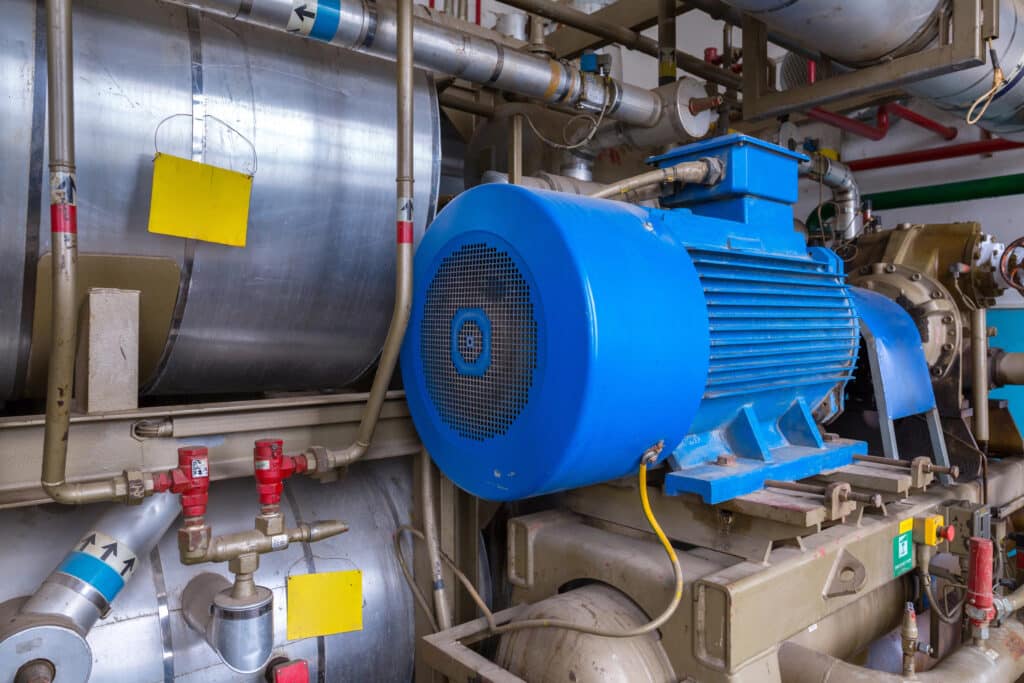
A heat exchanger unit is the core of the swimming pool heater pump, which is responsible for transferring heat from one medium to another without ever combining them. Visualize holding two mugs close to each other-one with hot cocoa in it and the other with water. The heat would pass from one to the other, right? That’s the heat transfer process at work.
The majority of exchangers are constructed using durable thermal conductivity materials, the gold standard being the titanium heat exchanger. Titanium is resistant to rust and pool chemicals, which makes it ideal for saltwater pools and is durable in the long term. Through effective transfer of heat, the exchanger warms the pool water evenly without any contamination.
How Heat Exchangers Work in Pool Heating Systems
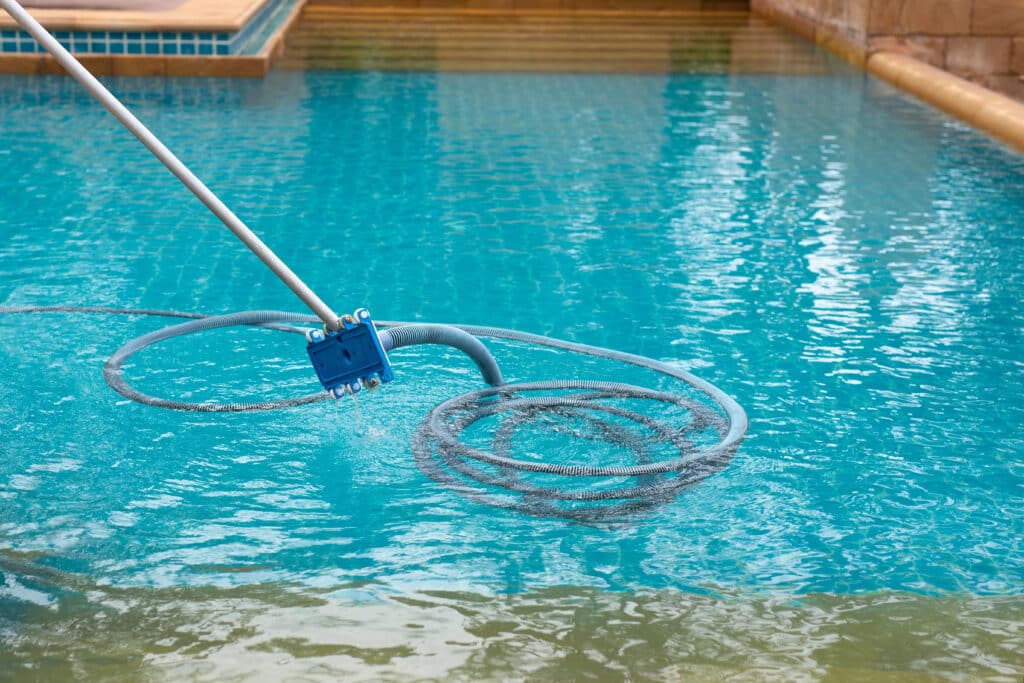
In a pool heating system, heat exchangers act as intermediaries that transfer heat to pool water.
- Hot fluid from a fuel source-like a boiler, gas pipe, or solar array-moves through distinct tubes within the exchanger.
- Pool water moves alongside, separated by metal partitions.
- Through conduction, heat is transferred across the partitions without mixing.
For pool heat pump owners, this system works remarkably well. A heat pump pulls heat out of the air and sends it into the exchanger, which heats your pool water. The outcome? Maximum pool heater efficiency with very little lost energy. By reusing as much heat as possible, the exchanger makes your system provide comfort without denting your wallet.
Pool Circulation and Water Flow Rate
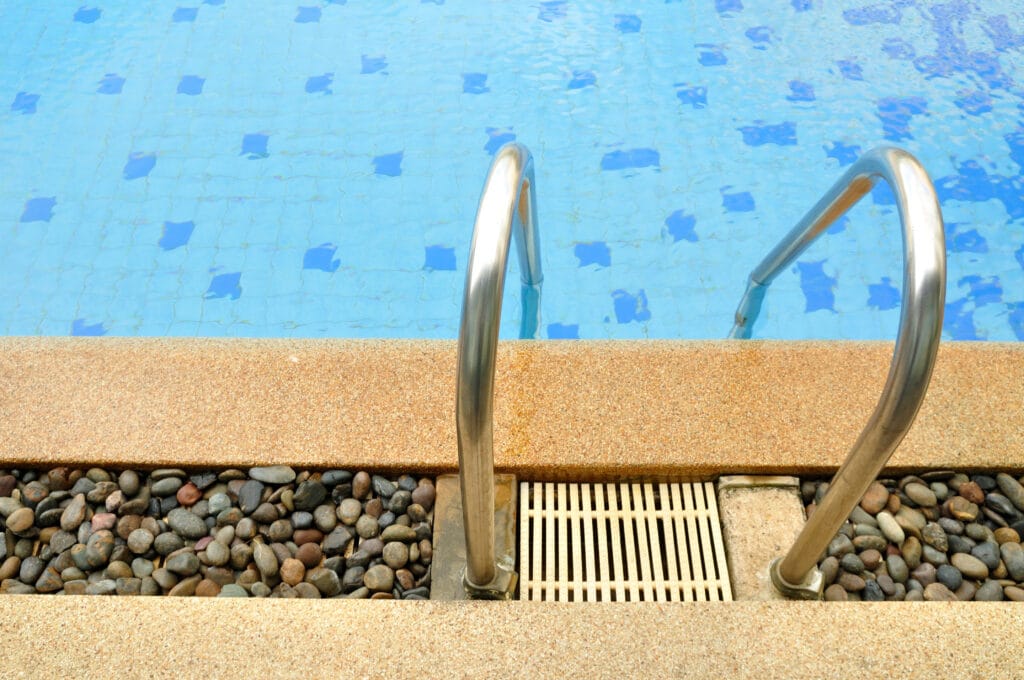
During the heating by the exchanger, the pool circulation pump ensures the water continues to circulate. For all swimming pool heat pumps, this continuous circulation is essential. The exchanger requires the proper water flow rate to perform efficiently. Too much pressure, and the water will flow too fast to absorb enough heat. Too little, and the exchanger might burn out, or the heating element performance will deteriorate.
It’s a delicate balance where flow and comfort are equal. Frequent equipment checks make sure your pool is being heated at just the correct rate.
Types of Heat Exchangers for Pools
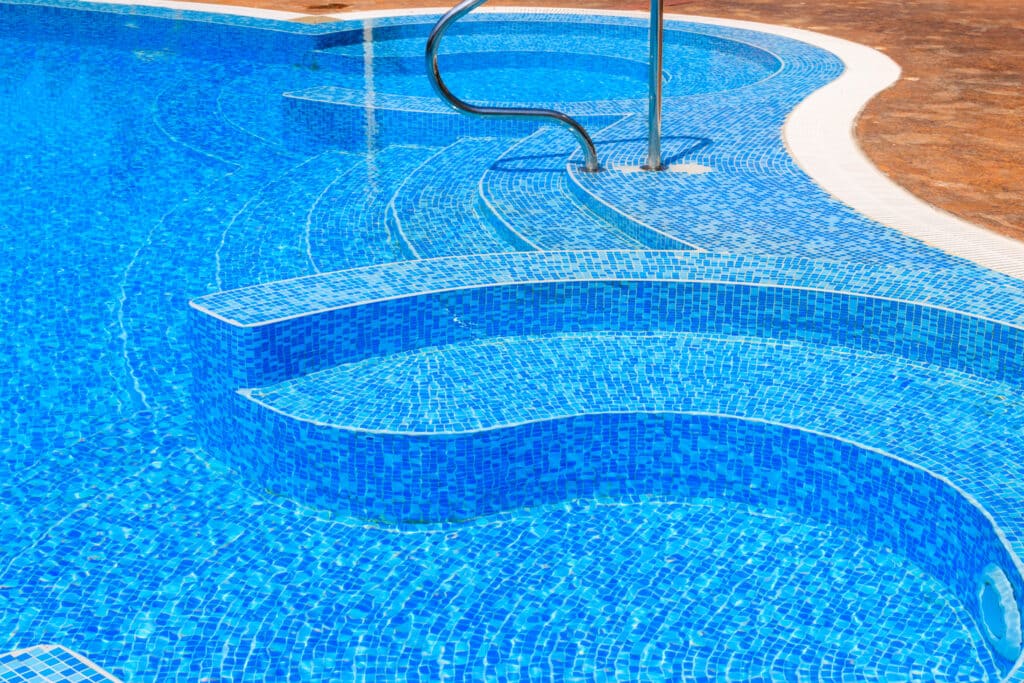
Not every exchanger is built alike. The appropriate type has to do with your pool design, energy source, and water chemistry:
- Titanium heat exchanger: Best pick for longevity. Corrosion-resistant, it excels in saltwater installations and matches beautifully with any swimming pool heater pump.
- Heat exchanger coil: Traditional style in which the coiled pipe creates maximum surface area for heat exchange. Frequently used in compact or solar-compatible applications.
Whether you have a gas boiler, solar collector, or high-performance swimming pool heater pump, there is an exchanger out there to match. You can find options specific to your pool configuration in our swimming pool heater range.
Why Heat Exchangers Matter for Pool Owners
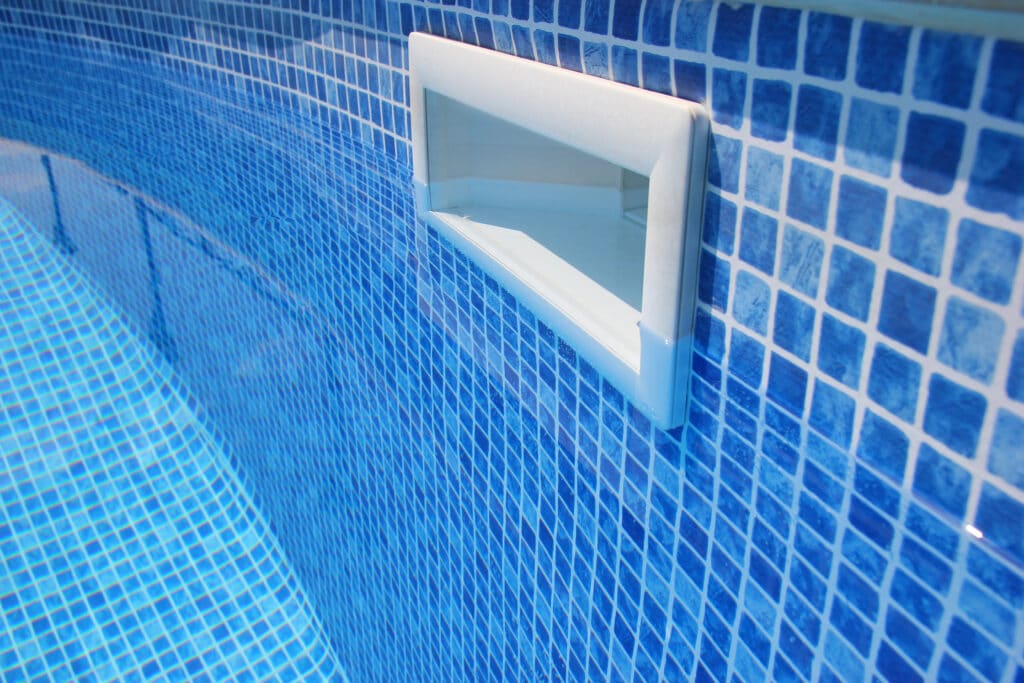
On the surface, a heat exchanger could appear to be simply another part of hardware-but it’s essential. Top-grade exchangers enhance energy efficiency pool performance, saving money and maintenance grief in the long term. Their construction, featuring thermal conductivity material, means quicker heating with fewer losses.
For the environmentally friendly pool owner, exchangers translate into a reduced carbon footprint. Reduced energy waste = greener backyard retreat.
Pro Tips to Maximize Your Pool Heater Efficiency
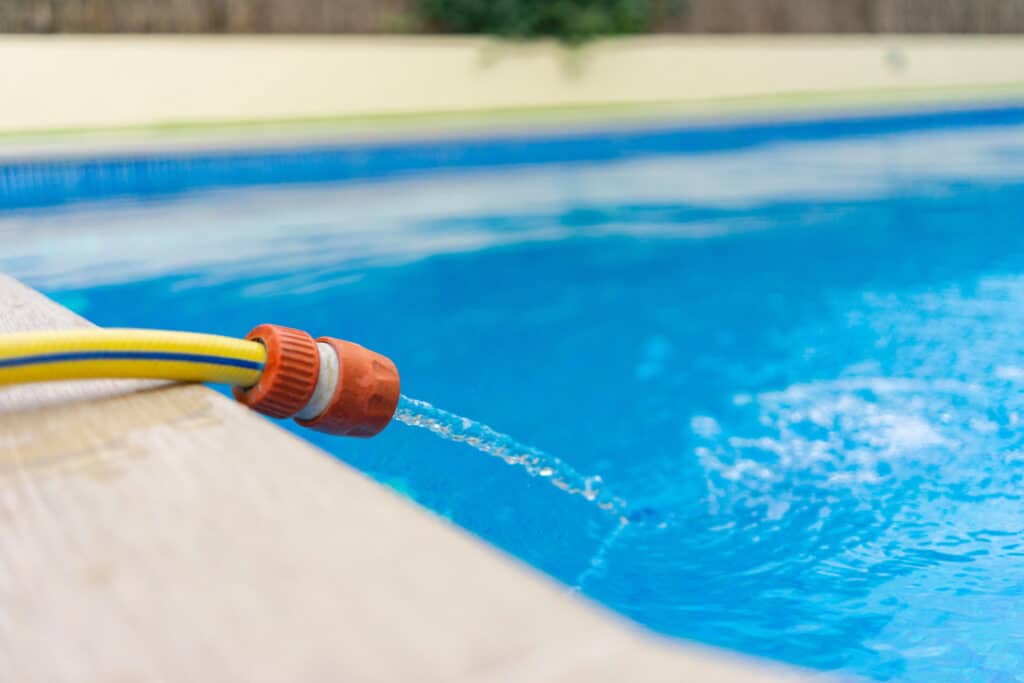
Maintaining your exchanger in top condition isn’t difficult:
- Clean filters regularly so water flows freely.
- Check the water flow rate to guard against heating element performance.
- Install a pool cover to trap heat overnight and slow evaporation.
- Set up maintenance checks to review the heat exchanger coil and pool circulation pump.
These little habits add up to considerable improvements in pool heater efficiency and prolong the life of your equipment.
Conclusion
Heat exchangers are the unsung champions of every swimming pool heater. From harnessing the warmth generated by pool heat pumps to optimizing the pool circulation pump, they ensure your system heats smarter, not harder. Understanding how your exchanger works not only boosts comfort but also saves energy and costs in the long run.
Looking to upgrade your equipment? Check out our range of pool heating essentials at Varmin Pool’s swimming pool heaters and elevate your pool comfort level.
FAQ

Can I use a heat exchanger with solar pool heating?
Yes, heat exchangers are perfect for use with solar panels, as they pass the absorbed solar heat directly to your pool water.
Is a titanium heat exchanger worth it for saltwater pools?
Indeed. The corrosion-resistant qualities of titanium make it an essential in saltwater conditions, maintaining its durability and long-term performance.
What’s the ideal water flow rate for efficient pool heating?
Most systems need moderate water flow–too high reduces heat uptake, too low overloads the exchanger. Reference your manufacturer’s recommendations for the best balance.
- 3shares
- Facebook0
- Pinterest0
- Twitter3
- Reddit0


